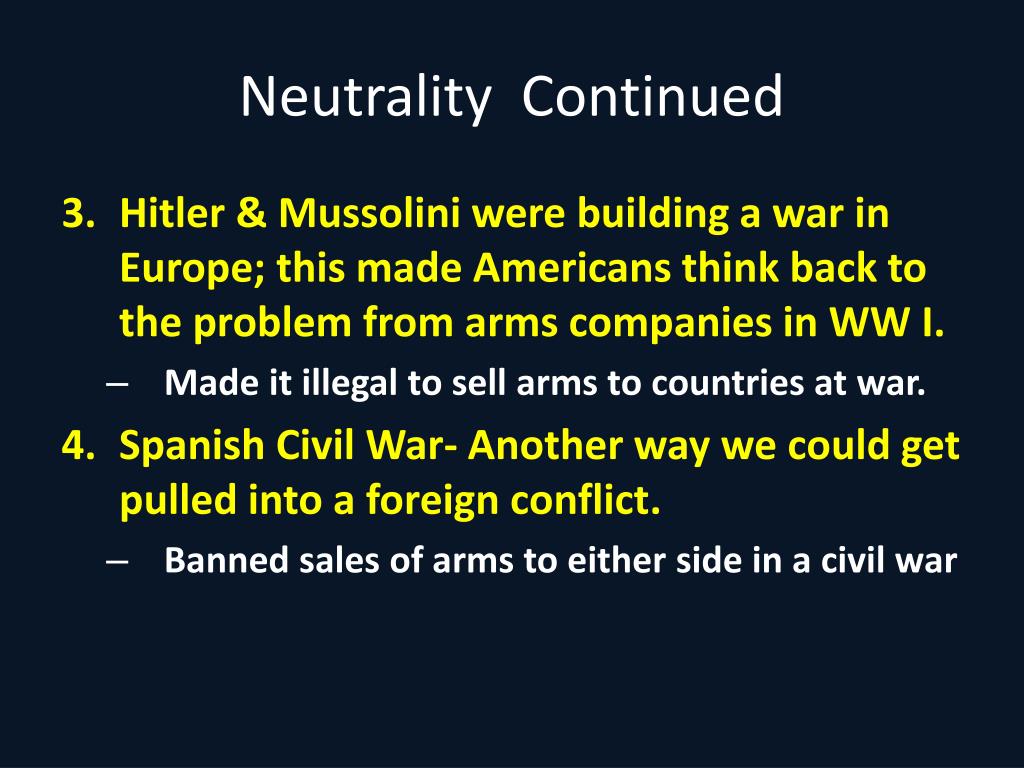

The consensus at the time, and ever since then, is that it would be a slow-acting strategy. This “would doubtless inflict in the end considerable losses on Germany … But the effect would take time to produce”. Since 1905 the Naval Intelligence Department had worked on plans for blockade and economic warfare. Blockade was thus not only a long-term strategy to stifle the enemy’s economy: it became also a necessary measure during the build-up of the army.
Contraband definition ww1 professional#
But transforming Britain’s small professional army, essentially a colonial police force, into the continental-scale mass army required for the new “total war” orientation, would require much time. Upon becoming Secretary of State for War, Horatio Herbert Earl Kitchener (1850-1916) persuaded the cabinet to reverse its strategic thinking. The navy was Britain’s main armed force, the guarantor of its globally-oriented economy and protector of its overseas trade. In hindsight, British military intervention with its land army in August 1914 appears inevitable, yet that was not how contemporaries saw it. It rejected the idea of “sending a continental-scale army” to France and preferred to apply economic pressure on Germany by naval blockade. The question of the causal relationship between civilian mortality and the blockade remains to be answered.īefore 1914, economic warfare was the British government’s main strategic concept in case of European war. Germany tried to cut off supplies reaching the Entente, ultimately resorting to submarine warfare.

Naturally, both sides waged economic warfare, and therefore, both sides attempted to blockade each other. However, it was not an exclusively British, but an Allied policy, executed by all the Allied navies, in which the Royal Navy had the predominant part. These deaths have traditionally been attributed to the “British hunger blockade”. It involved preventing goods used in the war effort from reaching the enemy, above all munitions and raw materials for their production, but also food and everything needed to sustain the armed forces, thus ultimately targeting the civilian population.Ī large part of the German population suffered hunger during the war, and between 478,500 and 800,000 civilians died from diseases related to hunger and malnutrition. Economic warfare means all the measures designed to weaken the enemy’s economy. Naval blockades, imposed by surface or submarine fleets or by mines, were part of broader economic warfare, as had often been employed in history.


 0 kommentar(er)
0 kommentar(er)
